SPARC Author Addendum The Scholarly Publishing and Academic Resources Coalition, SPARC, has provided an addendum that you can use to amend copyright agreements that your publishers may ask you to sign. This page explains the Author's Addendum and ways that you can use it.
Scholarly Communcation Toolkit: Author's Rights "All authors, whether they are a faculty member publishing a monograph, a grant funded researcher publishing a scholarly article, or a graduate student writing a dissertation, need to be familiar with the basic concepts of copyright and have an awareness of the options for publishing, posting, archiving and distributing their scholarship."
Keep Your Copyrights (Columbia University Law) "This site is devoted to all authors and creators of works in the United States. It aims to make clear why you might want to keep your copyrights, and to provide information both to help you hold on to your rights and to grant on reasonable terms the rights you do license."
Authors Alliance "The mission of Authors Alliance is to advance the interests of authors who want to serve the public good by sharing their creations broadly. We create resources to help authors understand and enjoy their rights and promote policies that make knowledge and culture available and discoverable."
A Creative Commons (CC) license is one of several public copyright licenses that enable the free distribution of an otherwise copyrighted "work". A CC license is used when an author wants to give other people the right to share, use, and build upon a work that they (the author) have created. (wikipedia 06/15/2020)
Creative Commons "Creative Commons is a nonprofit organization dedicated to building a globally-accessible public commons of knowledge and culture. We make it easier for people to share their creative and academic work, as well as to access and build upon the work of others."
Creative Commons Licenses Explained in Plain English Sara Hawkins, Attorney at Law. She describes Key Things to Know:
Flickr: Explore/Creative Commons "Many Flickr users have chosen to offer their work under a Creative Commons license, and you can browse or search through content under each type of license."
YouTube Help: Creative Commons "If you've marked your video with a CC BY license, you retain your copyright and other creators get to reuse your work subject to the terms of the license." Links are available to other YouTube copyright and rights management on this page.
Creative Commons Licenses Explained Creative Commons Aotearoa New Zealand. YouTube video: (5:32; October 12, 2011).
Scholarly Communication Services at the University at Albany The Scholarly Communication Librarian works to support and inform faculty, students, and staff about their scholarly publishing options and rights.

